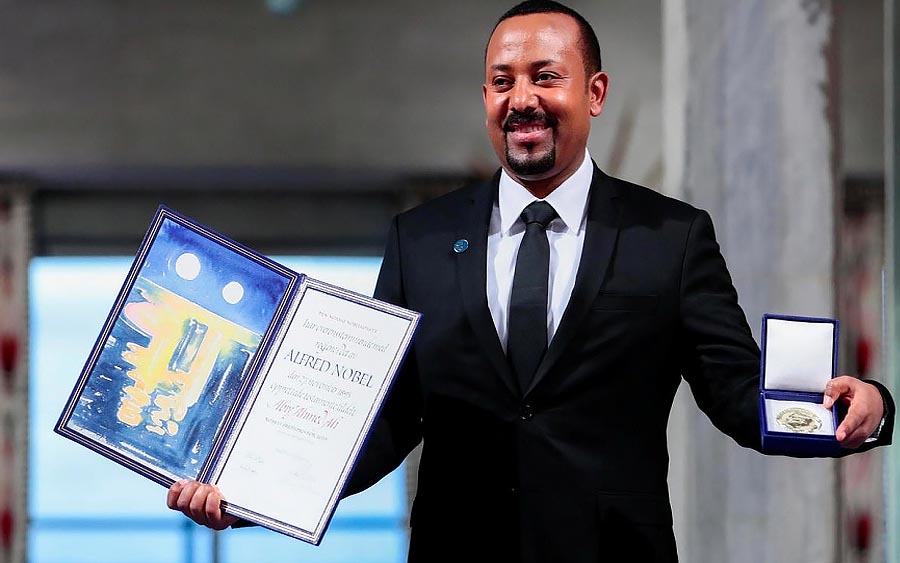Technology is the future and Ethiopia is taking advantage of becoming the number one tech hub on the African continent. Though traditional sectors, such as agriculture and manufacturing have been key to the transformation of the Ethiopian economy, the current Prime Minister, Abiy Ahmed, remains firm on improving technology in the country.
The immediate challenge for Ethiopia, according to Africa Business Magazine, is to raise the tech sector to 2% of the country’s GDP. Another option would be to amass $2 billion in the next two years towards the development of the tech sector.
Under the new reign of Prime Minister Ahmed, Ethiopia has now adopted a 70:30 higher education policy for students. According to the Africa Business Magazine, the policy would involve training 70% of students in the field of technology and science, in contrast to 30% of the students, who would be trained in social science and humanities.
In addition to this, the country has started to see more STEM (Science, Technology, Engineering & Mathematics) candidates in the Ethiopian job market, which has proved to be very promising for the country’s tech ambitions.
Getahun Mekuria, Ethiopia’s minister of innovation and technology, has also taken actions on the country’s technology growth. The Africa Business Magazine reports that Mekuria and ministry have created Government-sponsored incubators that would cater to Ethiopian business startups. The magazine also reports that Mekuria has held talks with the Industrial Park Development Cooperation of Ethiopia to create a huge incubation centre, which would help merge tech into the Ethiopian development model.
The technology focus in Ethiopia has also led to the development of creative inventions by its citizens. Fassika Fikre Hailemeskel and Tizzita Tefera of Maisha Technologies PLC in Ethiopia created the Nisre Tena. According to Make IT initiative, the Nisre Tena is a drone that was built to deliver blood and other health products to people living in remote areas.

[READ MORE: What the Year of Return means for Ghana tourism]
According to Science Alert, the country invested $3 million to launch its first space program in 2015 as they vowed to compete with fellow African nations, such as Nigeria, South Africa and Egypt, who also have their space programs. The space program initiative eventually expanded into an official national space agency for the country. The Ethiopian Space Science and Technology Institute (ESSTI) was launched in 2016.
Following its establishment, the ESSTI announced plans to launch the country’s first satellite with the assistance of China. According to E&T magazine, the satellite would be launched from China; however, the control and command station would be situated in Addis Ababa. The purpose of this satellite launch would be to monitor the weather in Ethiopia.
The E&T magazine estimates that the approximate cost for the development and manufacturing of the satellite was about $8 million. The Chinese support added an extra $6 million to the project development. The magazine also claims that the satellite was designed solely by Ethiopian engineers. Although, the Chinese would be providing training for the project.
The Satellite is expected to launch on December 20th, 2019. This would surely represent a milestone for the prospects of technology in Ethiopia.
Paul Olele Jnr writes from Washington DC. He is a 2019 graduate of George Washington University and currently works as graduate Media and Research Intern at the Initiative for Global Development.












I am a student and doing a comparative studies of Ethiopian local governance and Nigeria’s